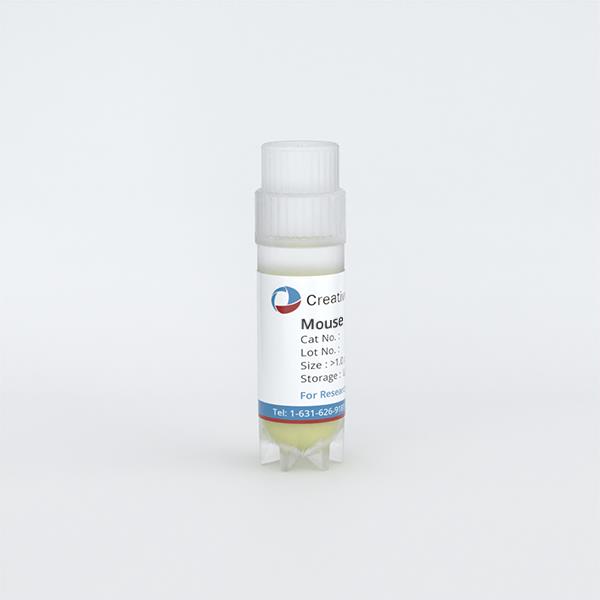Mast Cells
Mast cells are immune cells of the myeloid lineage and are present in connective tissues throughout the body. The activation and degranulation of mast cells significantly modulate many aspects of physiological and pathological conditions in a variety of settings. With respect to normal physiological functions, mast cells are known to regulate angiogenesis, vasodilation, vascular homeostasis, innate and adaptive immune responses. On the other hand, mast cells have also been implicated in the pathophysiology of many diseases, including allergy, asthma, gastrointestinal disorders, cardiovascular diseases and various malignancies.
Mast cells originate from pluripotent progenitor cells of the bone marrow, and mature under the influence of the c-kit ligand and stem cell factor in the presence of other distinct growth factors provided by the microenvironment of the tissue where they are destined to reside. Mature mast cells store large numbers of cytoplasmic granules that are rapidly exocytosed following activation. Mast cells also express numerous cell surface receptors and other molecules, many of which are mast cell-specific or restricted to a few cell types.
Current knowledge about the regulation of mast cells in health and disease is very limited. Drug discoveries/new therapeutic strategies are hampered due to the difficulty in obtaining sufficient numbers of mast cells.
Description: Mast cells are granulocytes found in tissues and are key mediators of allergic inflammation. They ...
